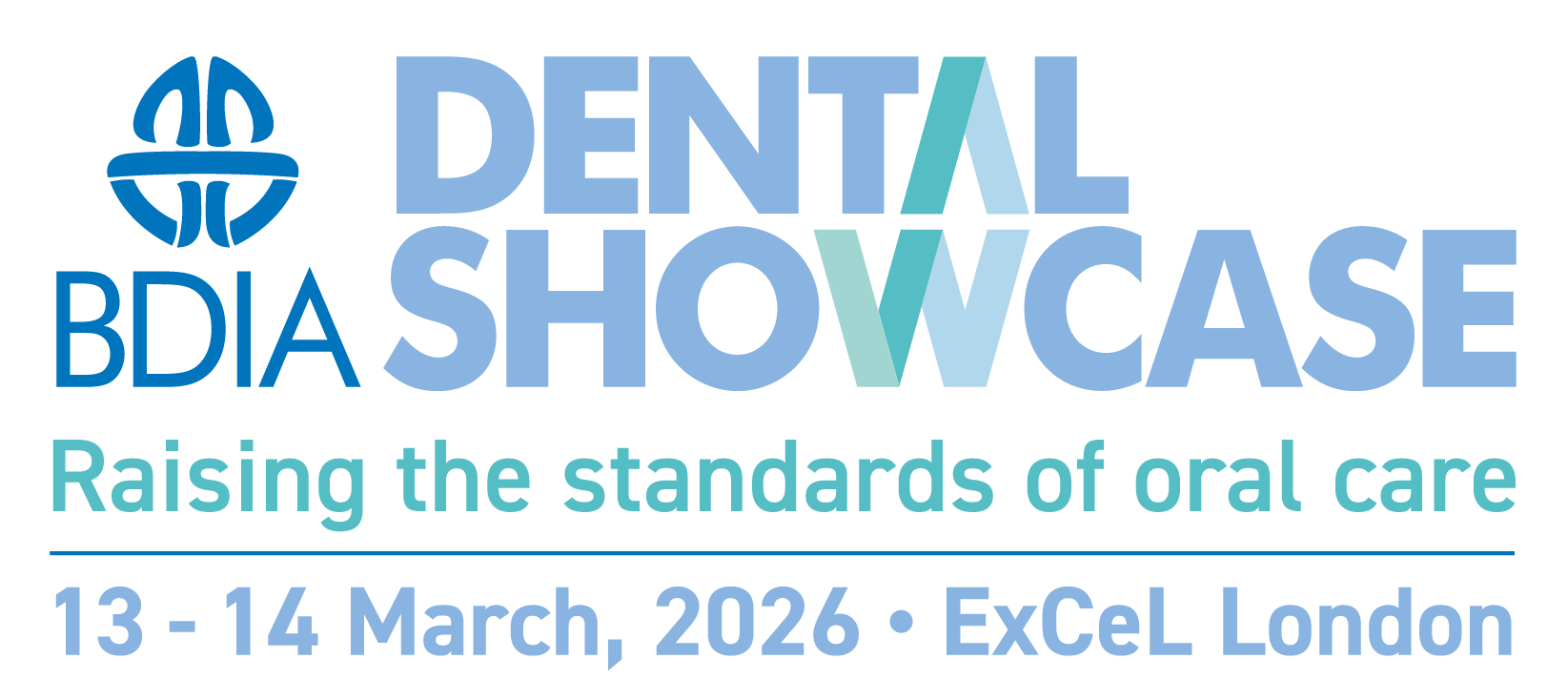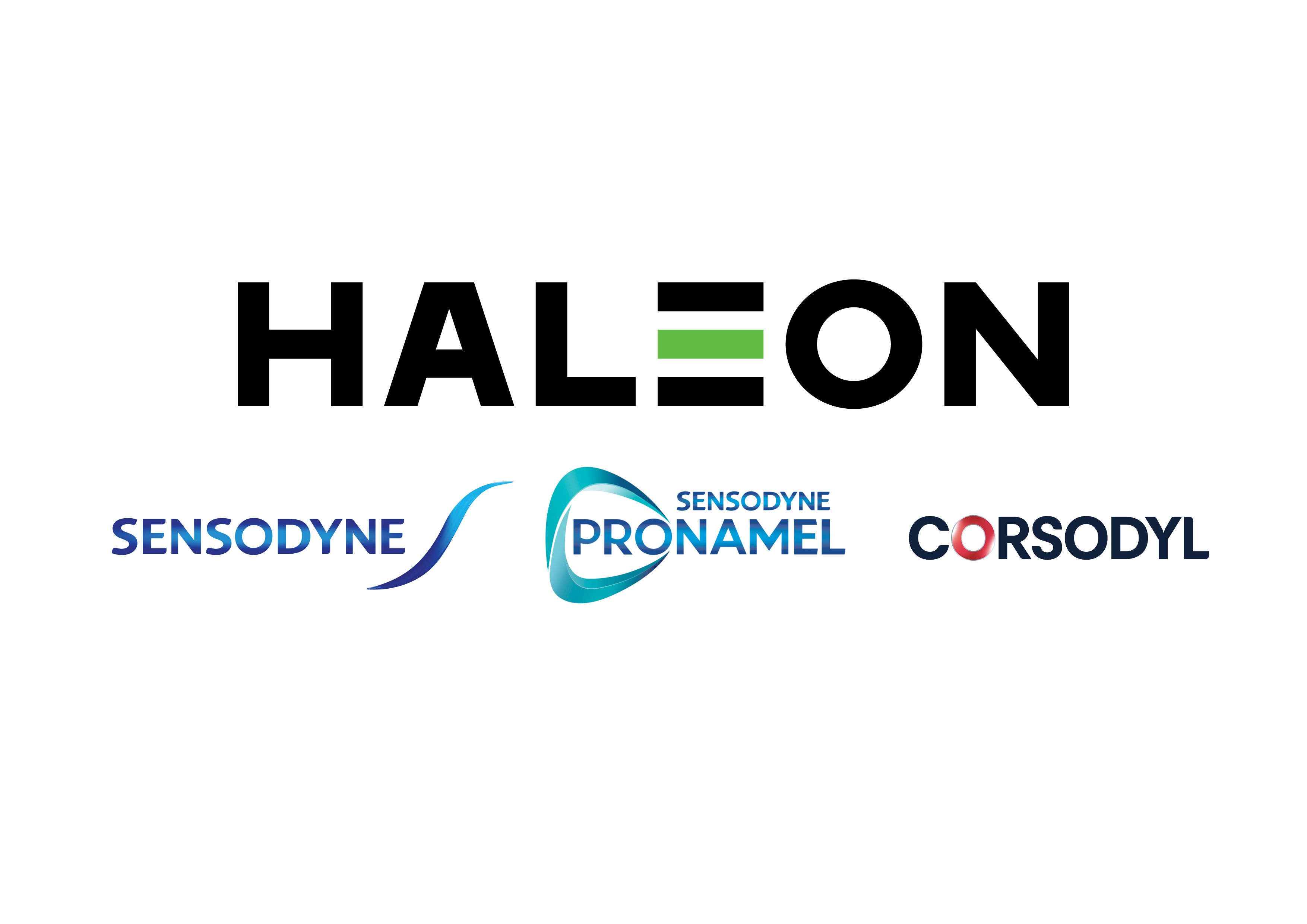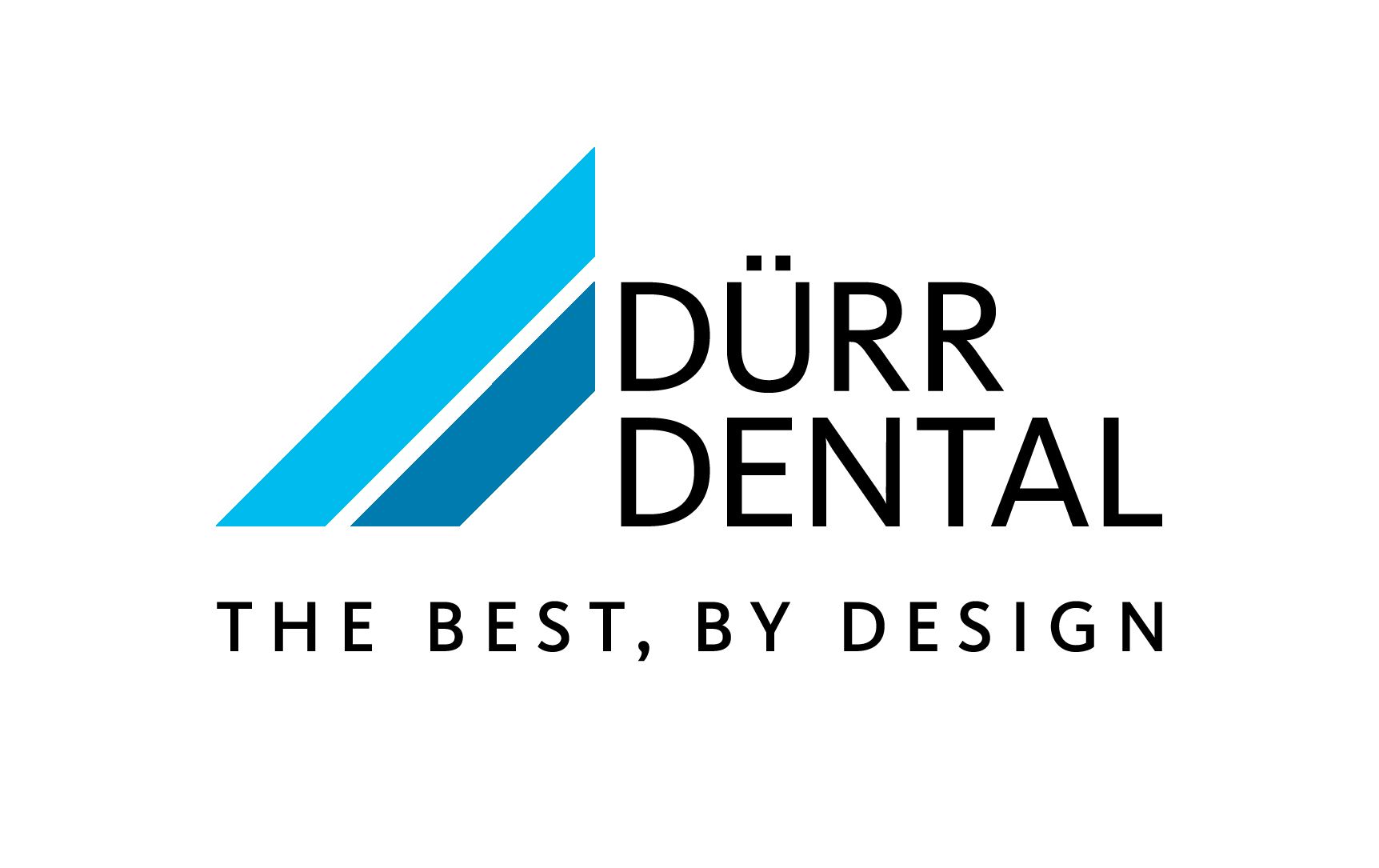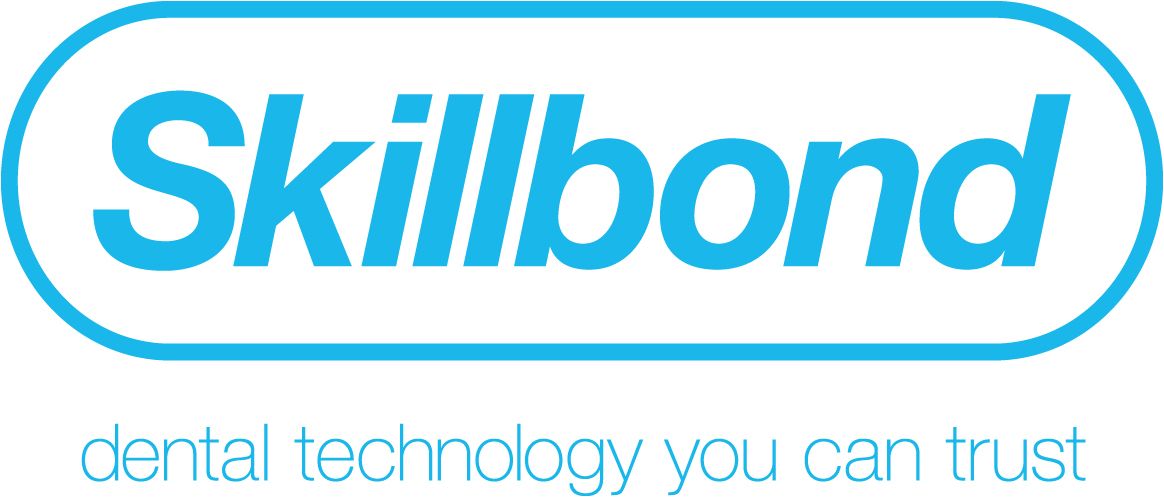The Fight Against Mouth Cancer Continues at BDIA Dental Showcase 2025
)
Professor Mike Lewis, Emeritus Professor of Oral Medicine at Cardiff University, is a highly respected authority on the subject of mouth cancer. He is also the author or co-author of more than 200 scientific articles and six medical textbooks, in addition to lecturing and teaching around the globe.
Describing the lay of land when it comes to mouth cancer today, Professor Lewis says:
“Approximately 9,000 individuals in the UK were diagnosed with mouth cancer last year. It is generally accepted that the prevalence of mouth cancer is increasing with a doubling of the incidence over the past 20 years. Historically, mouth cancer was seen as a disease mostly affecting older males, but it is now being detected more frequently in females and at a younger age.”
Despite a growing spotlight on mouth cancer, with organisations and government bodies attempting to spread education on the topic among the general public, detection and treatment are not without their challenges. For dental professionals, obstacles remain, which Professor Lewis goes on to discuss:
“One of the major problems associated with mouth cancer today is the fact that most patients are initially diagnosed at an advanced stage of disease where the tumour is large and has spread to the lymph nodes in the neck. This is at least partly why, overall, the five-year survival from mouth cancer is only 50%. Detection of the cancer when it is less than 2cm in diameter and before it has spread to the neck are the most important factors that will improve patient outcomes.
“Unfortunately, mouth cancer is usually painless in early stages, which means patients often delay seeking help. Though there has been no improvement in the five-year survival rate, there have been major advances in the surgical treatment of mouth cancer in recent years, with a significantly better quality of life for sufferers. These have been achieved thanks to the development of free-flap surgery, which substantially improves the recovery process after tumour removal. The advancement of dental implant treatment has also had an extremely positive impact, enhancing the function and aesthetics for the patient. The restorative and reconstruction phases of treatment are now often digitally planned and discussed with the patient prior to tumour resection, which affords emotional reassurance for them.
“For patients who are not suitable for or who prefer not to undergo surgical intervention, radiotherapy is an alternative treatment option. However, this aspect of management form is associated with high likelihood of reduced salivary production, which can be a challenging side effect for dental professionals to help patients manage.”
Offering advice to dentists on how they can enhance their own skills and confidence in detecting potential mouth cancer, Professor Lewis adds:
“It is commonplace now for dental professionals to conduct a thorough examination of the soft tissues when a patient attends the surgery, referring patients to a specialist when the criteria for the urgent suspected cancer (USC) pathway are met. There is not yet any substitute for meticulously feeling the neck and visually inspecting the mouth for abnormalities and potential signs of cancer.
“In addition, the subject of mouth cancer should be discussed with the patient along with the need for self-examination. With tobacco and alcohol being major risk factors, patients who admit to these habits should be warned that their risk of mouth cancer has increased. The role of human papillomavirus (HPV) is also being talked about more, although it is important to note that this the fastest growing cause of oropharyngeal cancer rather than mouth cancer.
“Where a suspicion requires a USC referral, it is necessary to tell patients what it is for. In my experience, only about 10% dentists tell their patient that there’s a possibility of mouth cancer when making the referral. Whilst I understand that the clinician may not wish to cause unnecessary anxiety for the patient, it is possible to inform them while also reassuring them that it is highly unlikely to be cancer and that the referral is being made simply to make absolutely sure.”
Professor Lewis will be exploring the essential topic of mouth cancer and offering practical guidance for colleagues during his session in the Dental Update Theatre at BDIA Dental Showcase 2025 in London. He offers further insights into what attendees can expect:
“I will discuss the widely ranging clinical presentation of mouth cancer, showing some case study examples and taking delegates through the assessment process from start to finish. As part of this, we will cover mouth cancer risk factors and their elimination, as well as the importance of detecting mouth cancer when the tumour is still small. I will also offer my usual quiz, allowing delegates to self-assess their confidence in diagnosing mouth cancer in real-life situations.
“I hope delegates will take away a contemporary knowledge of mouth cancer, in particular, the presenting features, avoidance of risk factors and appropriate use of the USC pathway.”
Professor Lewis concludes with a few words about BDIA Dental Showcase and why he would encourage colleagues not to miss the event in March 2025:
“BDIA Dental Showcase is one of the major national events in the annual dental calendar that provides, not only an excellent forum for updating your professional education, but also the perfect chance to meet socially with colleagues.”
The dental community trusts BDIA Dental Showcase 2025 for a reason
14th-15th March
ExCeL London
Register your interest for 2025 at https://dentalshowcase.com/register-interest-pr












